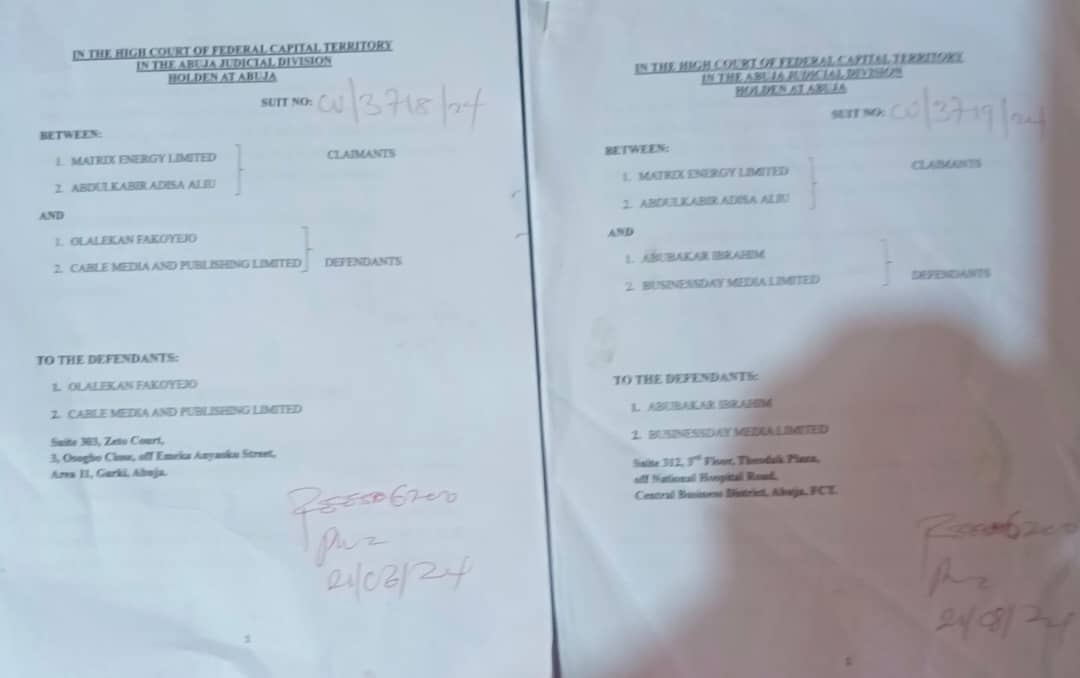The Civil Society Legislative Advocacy Centre has accused the administration of President Tinubu of taking a cavalier attitude regarding the steadily increasing debt profile of the country.
“the figure represents an increase of 75.29%, or N37.53tn, compared to N49.85tn recorded at the end of March 2023,” said the Executive Director of CISLAC, Auwal Ibrahim Musa (Rafsanjani), in a statement issued on Saturday. He voiced his concerns over Nigeria’s startling increase in debt, which has ballooned to a staggering N87 trillion.
Despite the anticipated monthly savings of around N400 billion as a result of the withdrawal of fuel subsidies, he brought attention to the worrisome budgetary consequences for the nation, particularly in view of the fact that it is having trouble meeting its obligations to pay interest on its debt.
Rafsanjani made the following statement: “At a time when the international community is pushing for substantial debt relief initiatives and multilateral financial reforms, Nigeria’s deepening debt situation and fiscal recklessness are being called into question.”
The current administration in Nigeria is coming under increasing pressure to solve the country’s large income and debt crises without further exacerbating the country’s borrowings. This is because Nigeria is currently dealing with both a significant revenue and debt problem.
He continued by saying, “Analysts urge efforts to lower the cost of governance, expand the tax net, drive compliance, and plug leakages.” It is strongly recommended that taxpayers and the government work together to increase tax income. This will help to ensure that there is a robust connection between access to public services and tax compliance. It is imperative that rapid action be taken to create policies that promote tax transparency, and it is also essential that relationships with taxpayers be fostered in order to ensure that taxes are used directly for infrastructure. In addition, it is considered vital to involve groups from the informal sector in attempts to comply with tax laws and to broaden the policy for reporting tax fraud in order to collect intelligence for tax enforcement.
Rafsanjani also underlined the urgent necessity for the National Assembly to carefully evaluate loan applications, ensuring that they comply with the law and are aligned with the interests of the Nigerian public. He emphasized this point multiple times.
“In response to these pressing concerns, CISLAC has issued a fervent call to all well-meaning Nigerians, urging them to persistently demand fiscal prudence and a heightened concern for the citizenry from the government,” the statement continues. “This call has been issued by CISLAC as a response to these pressing concerns.”




